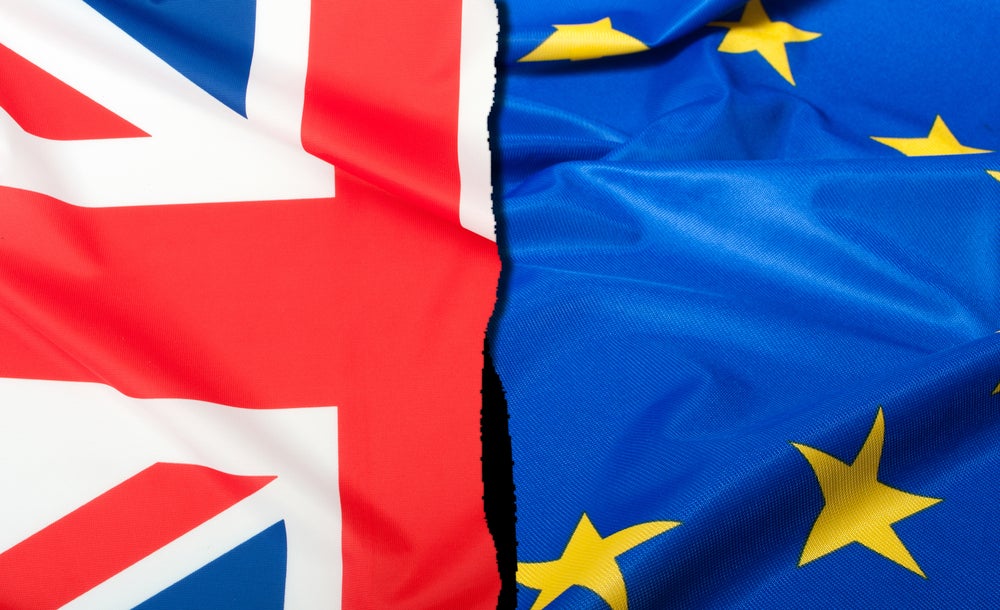
The Brexit vote gave the Guardian its “biggest traffic day ever in all regions” and drove digital subscriptions to the Financial Times up by 600 per cent.
The result of the EU referendum on Friday might have left the political elite in turmoil but it was a boon to publications that devoted coverage to the historic decision.
There were more than 17m unique visitors to theguardian.com on 24 June, almost 3m higher than the previous largest recorded number, and 77m page views.
Meanwhile at the FT, thanks to a targeted marketing plan that included dropping its paywall for 24 hours on polling day last week, digital subscriptions were said to be up 600 per over the course of the weekend (compared to an average weekend).
Speaking to Digiday, the FT’s chief commercial officer Jon Slade said: “We dialled up our marketing on a real-time basis. We were looking at buying patterns, opportunities in social, and spending our marketing budgets in pretty aggressive ways in an attempt to try and dominate a story.”
He added: “Very quickly, there became a clear sense that what people wanted was clarity and journalism they could trust.
“So rather than just sit back and watch the site traffic rise, we wanted to also bring our business model to bear. We found the most dynamic way to do that was to get our marketing department to act like a newsroom: what’s happening, what’s our response to it — get stuck in.”
The publication’s Brexit poll tracker is now its most popular ever piece of journalism, according to a spokesperson, who said it attracted nearly 4m page views.
The Guardian’s interactive results tracker, which enabled readers to see how their area voted, was one of its most popular pieces with more than 10m page views.
Since the UK went to the polls on Thursday 23 June, the website has run more than 550 pieces of coverage on the referendum attracting more than 115m page views in total.
Downloads of the Guardian’s app over the 24 and 25 June rose by 162 per cent compared to the same time the previous week.
Katharine Viner, editor-in-chief, Guardian News & Media said: “In a time of anxiety and confusion people turned to the Guardian, in greater numbers, in greater depth, and for longer, than ever before.
“We’re proud to have been able to provide those readers with clear, well-sourced, calm and accessible journalism, and will continue to do so as we enter uncharted waters in the weeks and months ahead.”
Email pged@pressgazette.co.uk to point out mistakes, provide story tips or send in a letter for publication on our "Letters Page" blog
